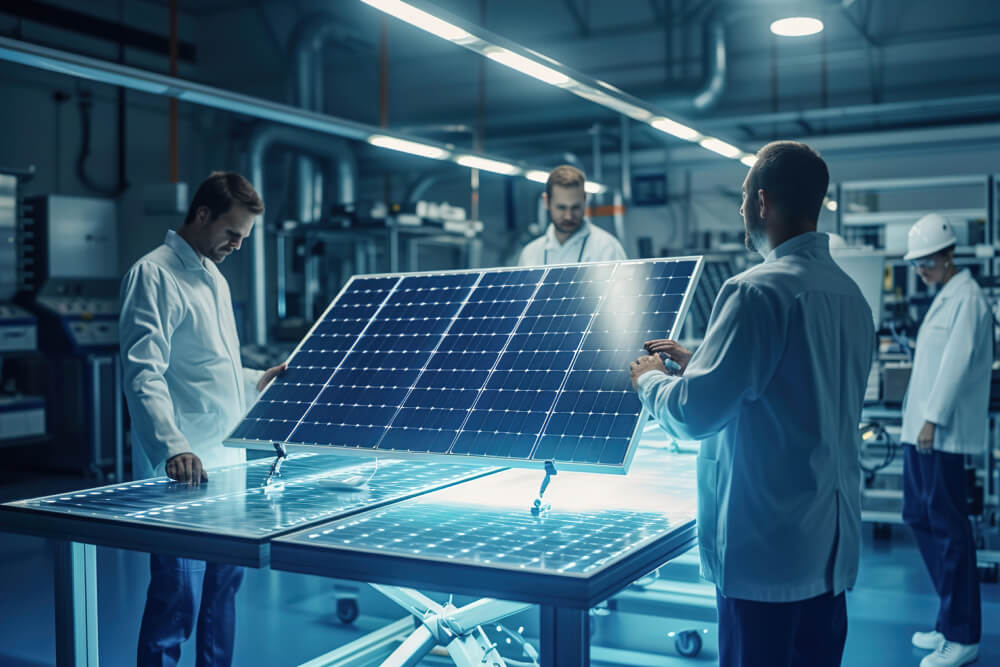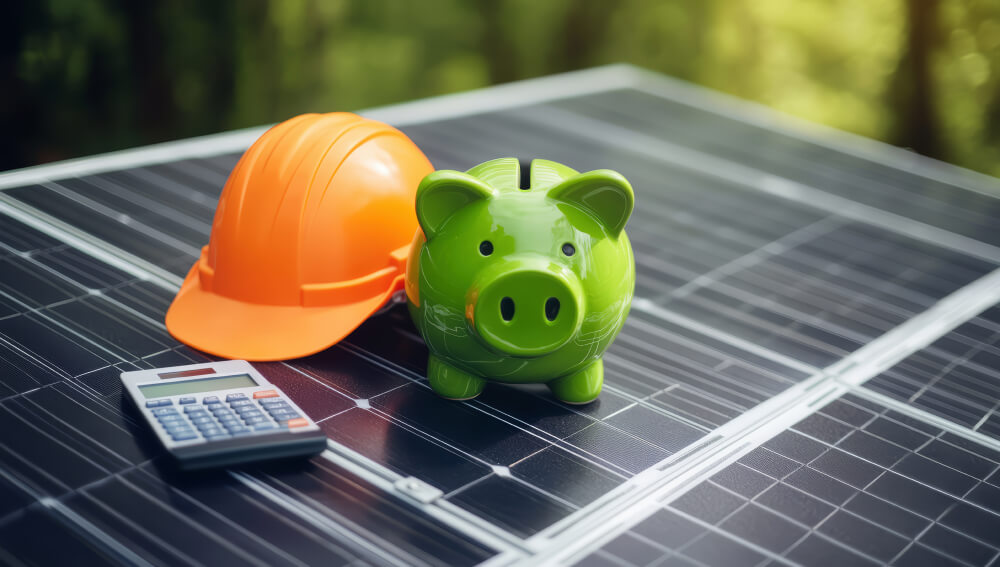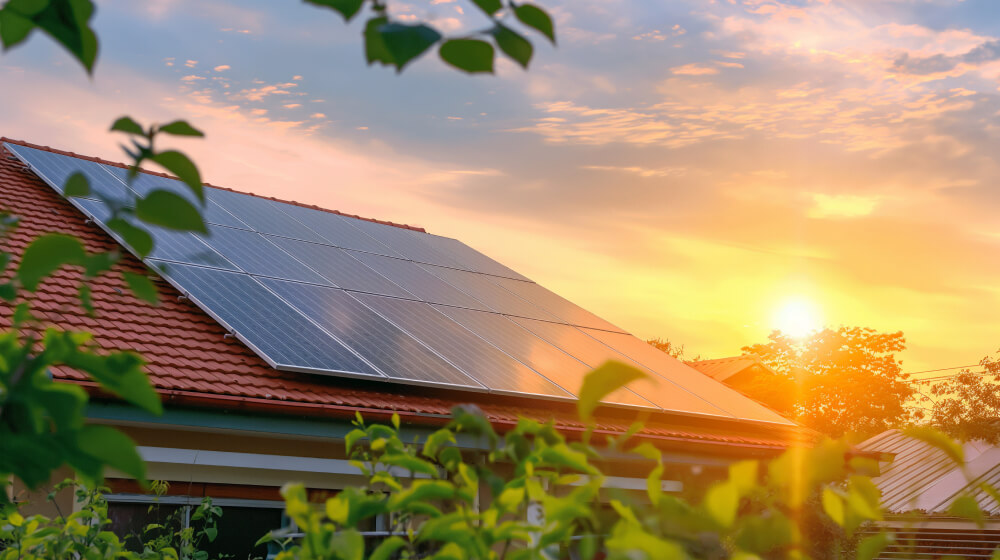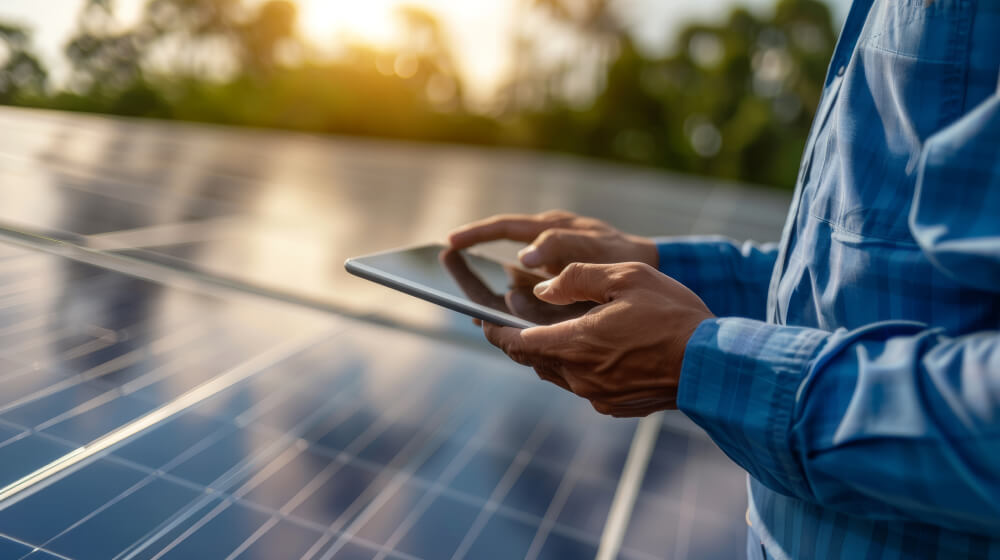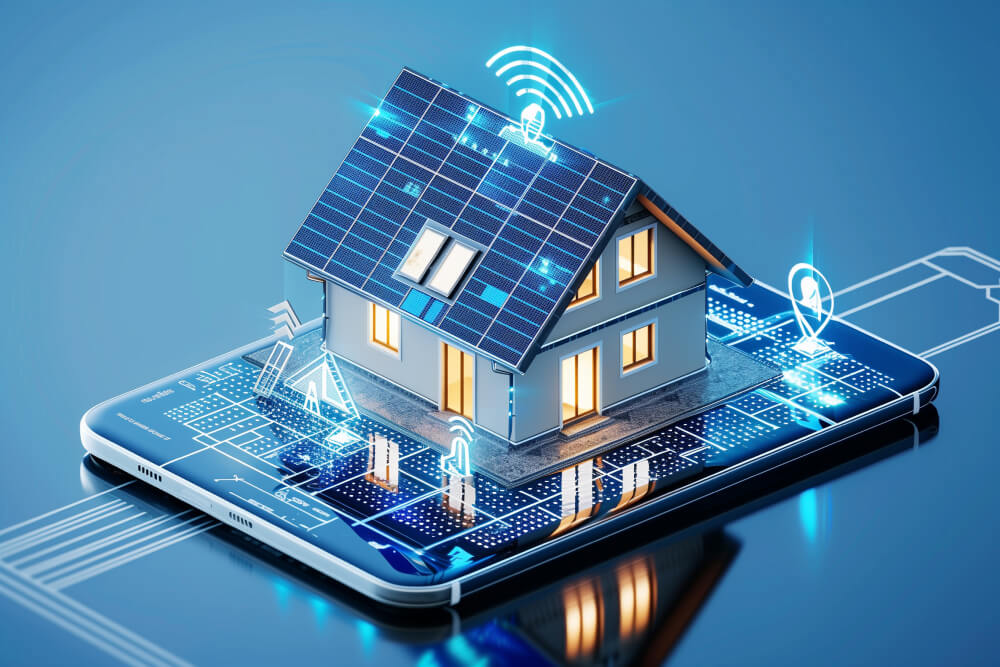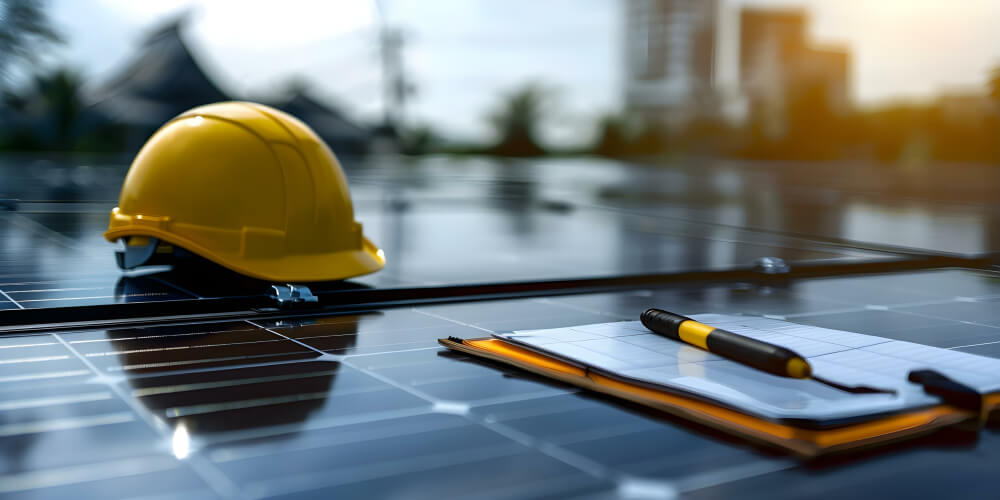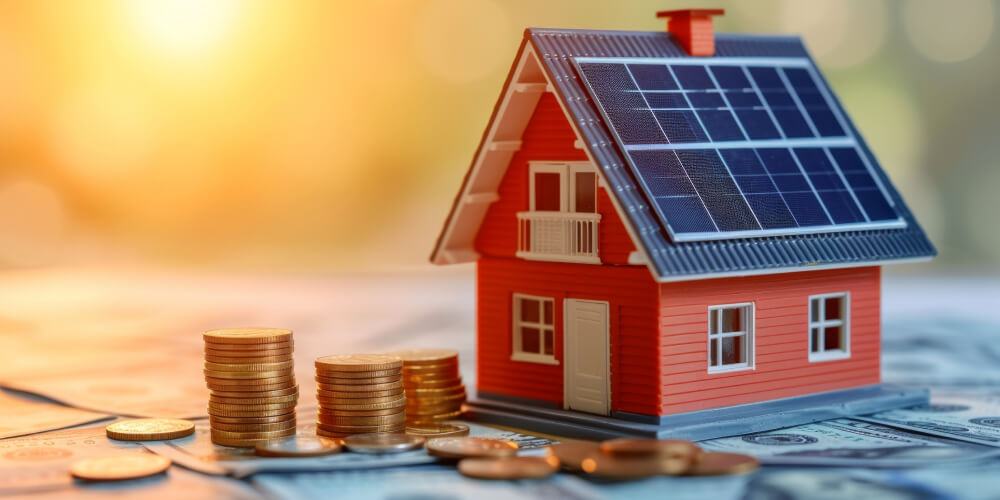Importance of Solar Panel Maintenance
Regular maintenance of your solar panels is crucial for several reasons:
- Optimal Performance: Dust, dirt, bird droppings, and other debris can accumulate on your panels, blocking sunlight and reducing their efficiency. Regular cleaning ensures that your panels can capture as much sunlight as possible.
- Longevity: Proper maintenance can prevent potential damage and wear, helping your solar panels last longer and perform better over time.
- Safety: Regular inspections can identify potential safety hazards, such as damaged wiring or loose connections, preventing accidents and ensuring your system operates safely.
- Warranty Compliance: Many solar panel warranties require regular maintenance to remain valid. Following the manufacturer’s maintenance guidelines can protect your investment.
Cleaning Your Solar Panels
- When to Clean: Generally, solar panels require cleaning every six months to a year, depending on your local climate and environmental conditions. More frequent cleaning may be necessary in dusty areas or after a heavy pollen season.
- How to Clean:
- Safety First: Always prioritize safety. If your panels are on the roof, use appropriate safety equipment, such as a harness, or consider hiring a professional.
- Soft Brush and Hose: Use a soft brush or a squeegee with a long handle to gently remove dirt and debris. Rinse with a garden hose, avoiding high-pressure washers that could damage the panels.
- Mild Detergent: For stubborn dirt, mix a small amount of mild detergent with water. Avoid abrasive cleaners or harsh chemicals that could damage the panel surface.
- DIY vs. Professional Cleaning: While cleaning your panels yourself can save money, hiring a professional ensures thorough cleaning and minimizes the risk of damage or injury. Professionals have the right tools and experience to clean panels safely and effectively.
Join HICP Homeowner’s Alliance
Connect with experts, get special discounts and enjoy member benefits
Regular Inspections
- Visual Inspection: Conduct a visual inspection of your solar panels at least twice a year. Look for signs of damage, such as cracks, chips, or discoloration. Check for loose or corroded connections and ensure that mounting hardware is secure.
- Monitoring System Performance: Use a solar monitoring system to track the performance of your panels. Sudden drops in energy production can indicate a problem, such as shading, dirt accumulation, or a malfunctioning component.
- Professional Inspections: Schedule professional inspections every 1-2 years. A qualified technician can perform a more thorough check, including electrical testing, to identify and address issues that might not be visible during a visual inspection.
Troubleshooting Common Issues
- Shading: Shading from trees, buildings, or other obstructions can significantly reduce the efficiency of your solar panels. Regularly trim trees and remove any objects casting shadows on your panels.
- Bird Droppings: Bird droppings can block sunlight and cause hot spots on your panels. Install bird deterrents, such as spikes or nets, to prevent birds from perching on or near your panels.
- Snow and Ice: In colder climates, snow and ice can accumulate on your panels, blocking sunlight. Use a soft brush or a specialized snow rake to gently remove snow. Avoid using sharp tools or hot water, as these can damage the panels.
- Inverter Issues: The inverter is a critical component of your solar system, converting DC electricity from the panels to AC electricity for your home. If your system is not producing electricity, check the inverter’s display for error codes and consult the manufacturer’s troubleshooting guide. Regularly check the inverter’s performance and ensure it is properly ventilated to prevent overheating.
Best Practices for Longevity
- Regular Maintenance Schedule: Create a maintenance schedule that includes regular cleaning, inspections, and professional check-ups. Consistency is key to keeping your solar panels in optimal condition.
- Protecting Against Extreme Weather: In areas prone to extreme weather, such as hurricanes or hailstorms, consider installing protective covers or shields to minimize potential damage. Ensure your panels are securely mounted to withstand strong winds.
- Keeping Records: Maintain detailed records of all maintenance activities, including cleaning dates, inspection results, and any repairs or replacements. This documentation can be useful for warranty claims and tracking the performance of your system over time.
- Monitoring Energy Output: Regularly monitor the energy output of your solar panels. Significant changes in output can indicate an issue that needs attention. Most solar monitoring systems provide real-time data and alerts for potential problems.
When to Call a Professional
- Complex Repairs: For complex repairs, such as fixing damaged wiring or replacing components, always call a professional. Attempting these repairs yourself can be dangerous and may void your warranty.
- Roof-Top Systems: If your panels are installed on the roof, consider hiring a professional for cleaning and maintenance. Professionals have the necessary safety equipment and expertise to work on roofs safely.
- Persistent Performance Issues: If you notice a persistent drop in your system’s performance despite regular maintenance, consult a professional to diagnose and resolve the issue.
Maintaining your solar panels is essential for ensuring they operate efficiently and last for their expected lifespan. By following best practices for cleaning, regular inspections, and troubleshooting, you can maximize the performance and longevity of your solar energy system. Regular maintenance not only protects your investment but also ensures that you continue to enjoy the financial and environmental benefits of solar power for years to come.
Remember, while some maintenance tasks can be done by homeowners, others require professional expertise. Don’t hesitate to seek professional help when needed to keep your solar panels in top condition. By taking proactive steps in solar panel maintenance, you can ensure that your system remains a reliable and sustainable source of energy for your home.

